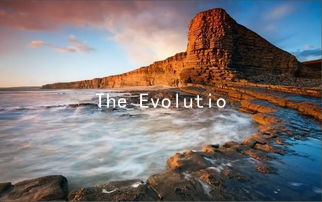The Intersection of Love and Philosophy: Educating Ourselves in Sexual Relationships
The intersection of love and philosophy creates a profound landscape for understanding and enhancing sexual relationships. Love, often considered a romantic and emotional experience, also invites rational inquiry into its complexities. Philosophy serves as a guiding light in this journey, encouraging us to reflect on our values, beliefs, and behaviors in relationships.
At the core of healthy relationships lies effective communication, which intertwines with philosophical thinking. Engaging in honest dialogue allows partners to express their desires, fears, and expectations. It’s crucial to approach such conversations with empathy and an open mind, as philosophy teaches us the value of perspective. Understanding that each partner comes from a unique background enhances our ability to listen and respond thoughtfully. This exchange fosters a safe environment where both individuals can explore their emotional and physical connections.
Self-awareness, derived from philosophical reflection, is another essential component of nurturing love. By examining our motivations and desires, we can better understand what we seek in a partner and how we wish to express our love physically and emotionally. Questions such as What does love mean to me? and How do my experiences shape my expectations? can guide individuals toward clearer insights. This introspection enables partners to align their values and goals, promoting compatibility and mutual growth.
Furthermore, philosophy prompts us to consider the ethical dimensions of relationships. Consent, mutual respect, and honesty form the bedrock of any intimate connection. Engaging with these principles philosophically challenges us to deepen our understanding of personal boundaries and the importance of ongoing consent throughout the relationship. A conscious approach to these ethical aspects cultivates trust and security, leading to more fulfilling sexual experiences.

The exploration of love through a philosophical lens also encourages us to embrace vulnerability. Exposing our true selves—our hopes, fears, and insecurities—can feel daunting, but it is essential for genuine intimacy. Philosophy teaches us that vulnerability is not a weakness but a strength, an invitation for deeper connection. By acknowledging our imperfections and allowing ourselves to be seen, we create opportunities for authentic emotional and physical closeness.
In addition, philosophical inquiry into love can highlight the importance of balance in relationships. It encourages partners to reflect on the dynamics of power, responsibility, and support. Recognizing the need for equilibrium in giving and receiving affection can prevent patterns of codependency or resentment. Striking a balance allows both individuals to thrive, ensuring that the relationship evolves as both partners grow and change over time.
Ultimately, the fusion of love and philosophy offers a framework for enriching sexual relationships. By embracing effective communication, self-awareness, ethical considerations, vulnerability, and balance, we can navigate the complexities of love with greater wisdom and compassion. In doing so, we create space for a deeper connection that honors not just our desires but the profound journey of human relationship itself.





